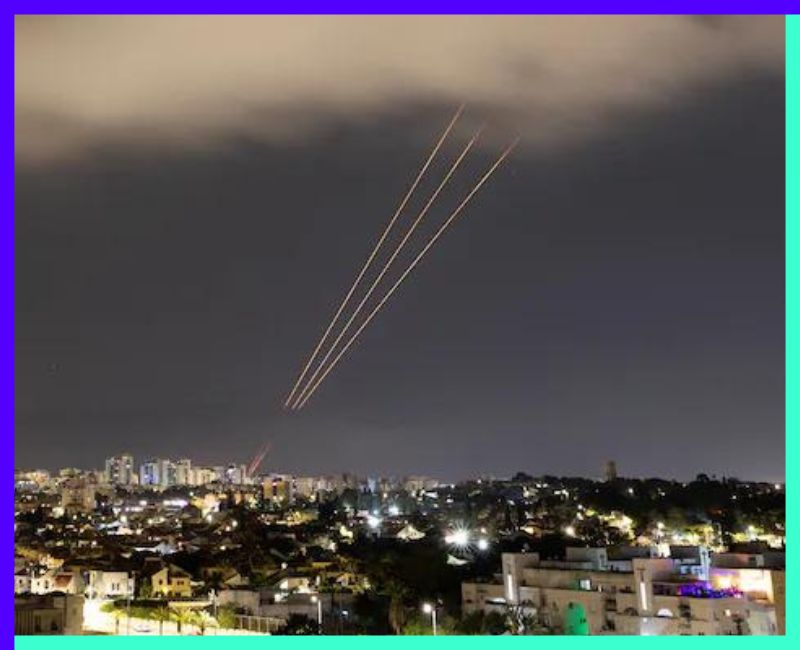In a dramatic turn of events, Iran has taken the unprecedented step of temporarily shutting down its nuclear facilities in response to heightened tensions following a massive drone and missile strike on Israel. Rafael Grossi, the head of the International Atomic Energy Agency (IAEA), disclosed this development during a UN Security Council meeting, shedding light on the security concerns gripping the region.
Speaking to journalists on the sidelines of the meeting, Grossi expressed grave concerns about the potential for Israeli retaliation against Iranian nuclear installations. He revealed that Iranian authorities had notified IAEA inspectors of the closure of all inspected nuclear facilities on Sunday, citing security considerations.
While the facilities were slated to reopen the following day, Grossi emphasized that inspectors would delay their return until the situation stabilized, underscoring the need for “extreme restraint” to prevent further escalation.
The Iranian strike on Israel, consisting of over 300 drones and missiles, came in response to an earlier air strike on a consular building in Damascus. The attack, which resulted in casualties among Iran’s Revolutionary Guards, including two generals, heightened fears of broader conflict in the region.
Despite causing minimal damage, the strike underscored the fragile state of affairs and the potential for a significant escalation in hostilities.
The history of tensions between Iran and Israel further complicates the situation. Israel has a track record of preemptive strikes against perceived threats to its security, including previous attacks on nuclear facilities in neighboring countries. In 1981, Israel famously bombed Iraq’s Osirak nuclear reactor, despite objections from the international community.
More recently, Israel admitted to conducting a secretive air raid on a Syrian reactor in 2007, further fueling regional tensions.
Additionally, Iran has accused Israel of orchestrating covert operations aimed at disrupting its nuclear program. This includes the assassination of Iranian nuclear scientists and sophisticated cyberattacks, such as the Stuxnet virus, which targeted Iranian centrifuges used for uranium enrichment.
These incidents have exacerbated mistrust and heightened tensions between the two adversaries, raising concerns about the potential for further escalation.
Amidst accusations and denials surrounding Iran’s nuclear ambitions, the situation remains highly volatile, with the risk of a broader confrontation looming large. The international community, including the United Nations and other stakeholders, is closely monitoring developments and actively seeking to de-escalate tensions through diplomatic channels.
Efforts to defuse the crisis are underway, with calls for dialogue and restraint echoing across diplomatic circles. However, the complex geopolitical dynamics at play make resolution elusive, with the specter of conflict casting a shadow over the region.
As stakeholders navigate the delicate balance of power and diplomacy, the need for constructive engagement and de-escalation measures becomes increasingly imperative to prevent a further deterioration of the situation.
The temporary closure of Iran’s nuclear facilities underscores the gravity of the situation and the urgent need for diplomatic efforts to avert a potential crisis. As tensions simmer in the region, the international community must remain vigilant and committed to finding peaceful resolutions to longstanding conflicts, lest the specter of conflict looms large over the Middle East.






